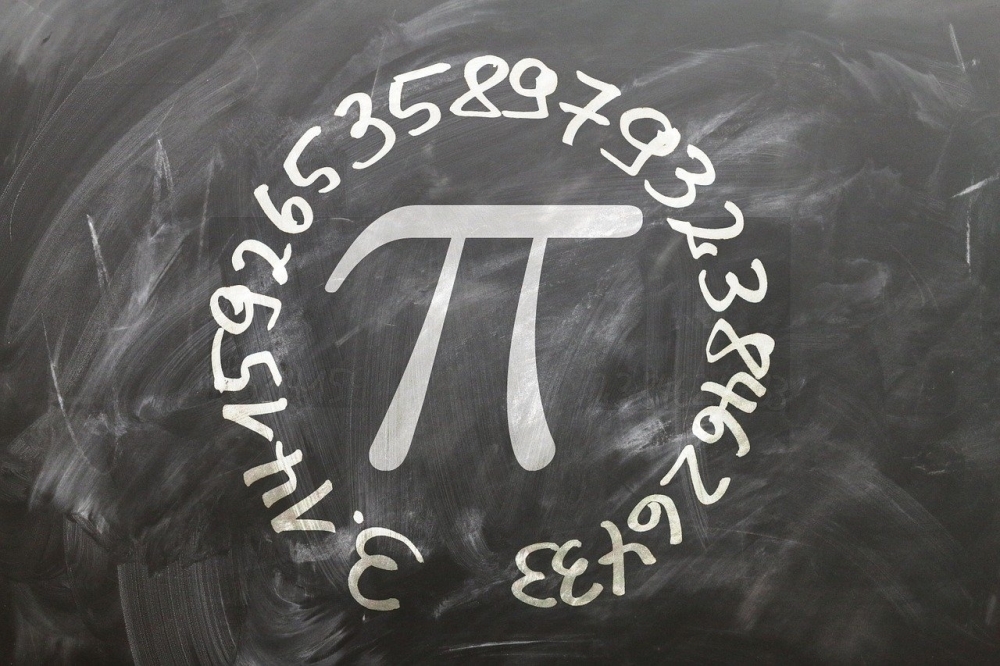Pi and the importance of mathematics
On 14 March mathematics lecturers, teachers, and students worldwide celebrate Pi Day, which is known as International Mathematics Day.This day acknowledges the importance of Mathematics in our lives and corresponds to the first three digits of the mathematical constant Pi (π = 3.14..... ).
The mathematical constant π is defined as the ratio between the circumference and the diameter of a circle i.e. π = circumference/diameter = 3.14..... Pi was initially calculated by the famous mathematician Archimedes of Syracuse (300 B.C.) but the symbol (π) was only introduced by Leonard Euler in 1737.
Pi is an irrational number which means that written as a decimal the digits neither stop nor repeat i.e. π = 3.1415926654...... It is fascinating that the ancient Egyptians (4000 B.C.) already applied this number to construct their famous pyramids i.e. the ratio between the pyramid’s perimeter (distance around) and its height equals Pi!
Pi Day was officially recognised as International Mathematics Day by UNESCO in 2019. This annual event is globally commemorated by schools, universities and other mathematical organisations in a celebration to promote awareness of the key role played by mathematics towards scientific and technological advancement.
Pi Day also celebrates the anniversary of the birth of the famous mathematician Albert Einstein and the passing of renowned physicist Stephen Hawking in 2018.
Absolute necessity
In our ever-increasing scientific world of info-tech and bio-tech mathematical knowledge and skills has become an absolute necessity for all workers. Mathematics is the cornerstone of most of creation and indispensable for the effective functioning of society in general. It unveils the knowledge and wisdom that we find inherent in all aspects of nature as the laws of nature conform to mathematical concepts i.e. from the shapes of rivers, to spider webs and snowflakes, to all the forces of nature that ensure our survival as humans.
Mathematics is also a fundamental part of our daily lives, from simple accounting, to measuring, to more complex calculations. Mathematics enables us to analyse and understand patterns in data, and to make predictions about future trends. It is the basis of almost every subject from shopping, business, finances, travelling, sport, food production, and various technologies like the internet.
Mathematics education is of utmost importance to all learners as it strengthens their logical reasoning, creativity, abstract thinking and problem-solving skills. Without a solid mathematics foundation, learners are not able to enter the more well-paid professions like architecture, accountancy, sciences, graphic design, actuarial science, statistics, data science, software development and cybersecurity.
That is why Sir Francis Bacon remarked: “Neglect of mathematics works injury to all knowledge, since he who is ignorant of mathematics cannot know other sciences or things of the world”.
“Mathematics is a systematic effort of solving puzzles posed to us by nature.” -Shakuntala Devi (Indian Mathematician)
* Pieter Erwee is the director of the Namibian Mathematics Institute.
** Opinion pieces and letters by the public do not necessarily reflect the opinion of the editorial team. The editors reserve the right to abridge original texts. All newspapers of Namibia Media Holdings adhere to the Code of Ethics for Namibian Media, a code established jointly with the Media Ombudsman.



